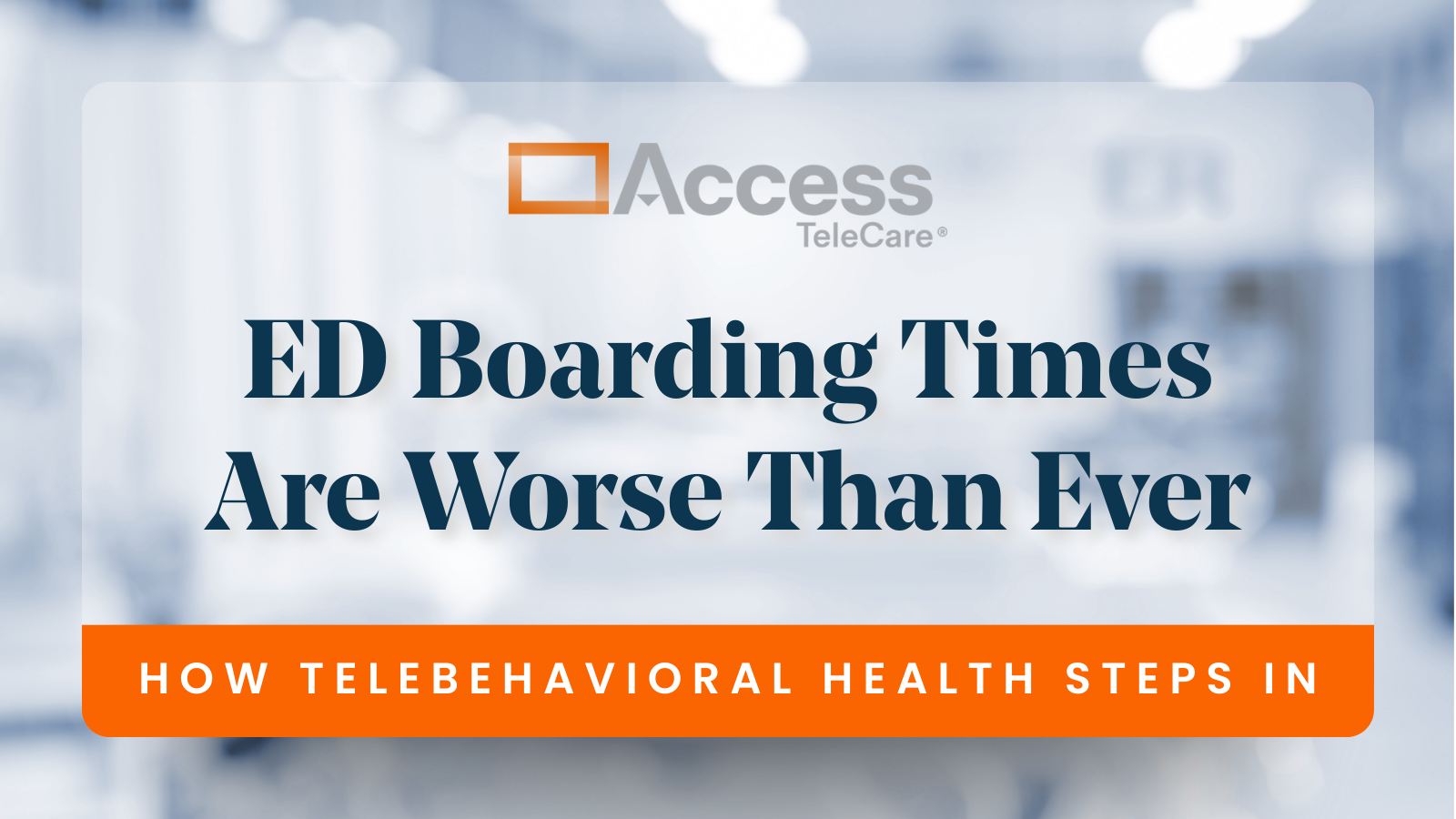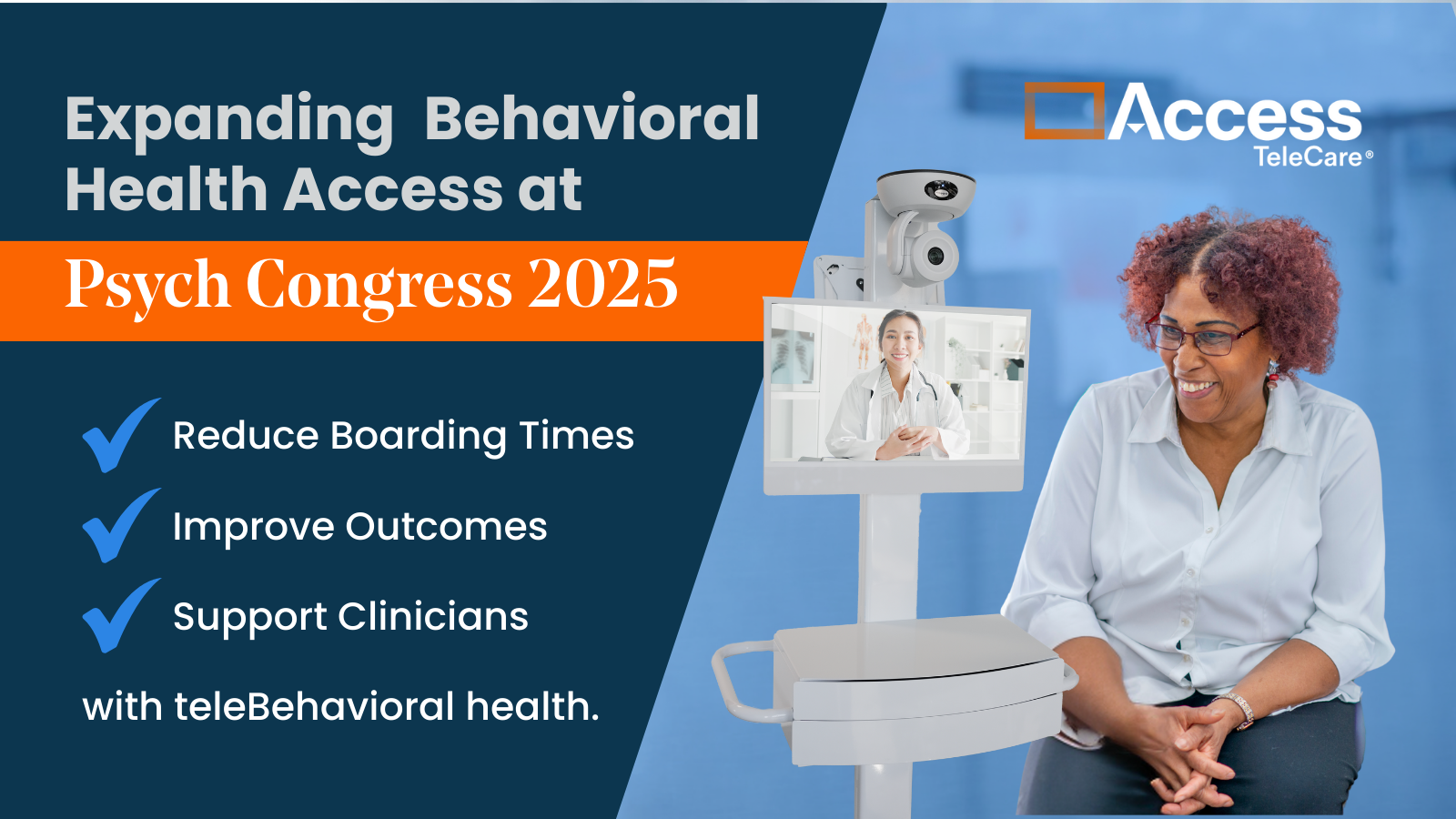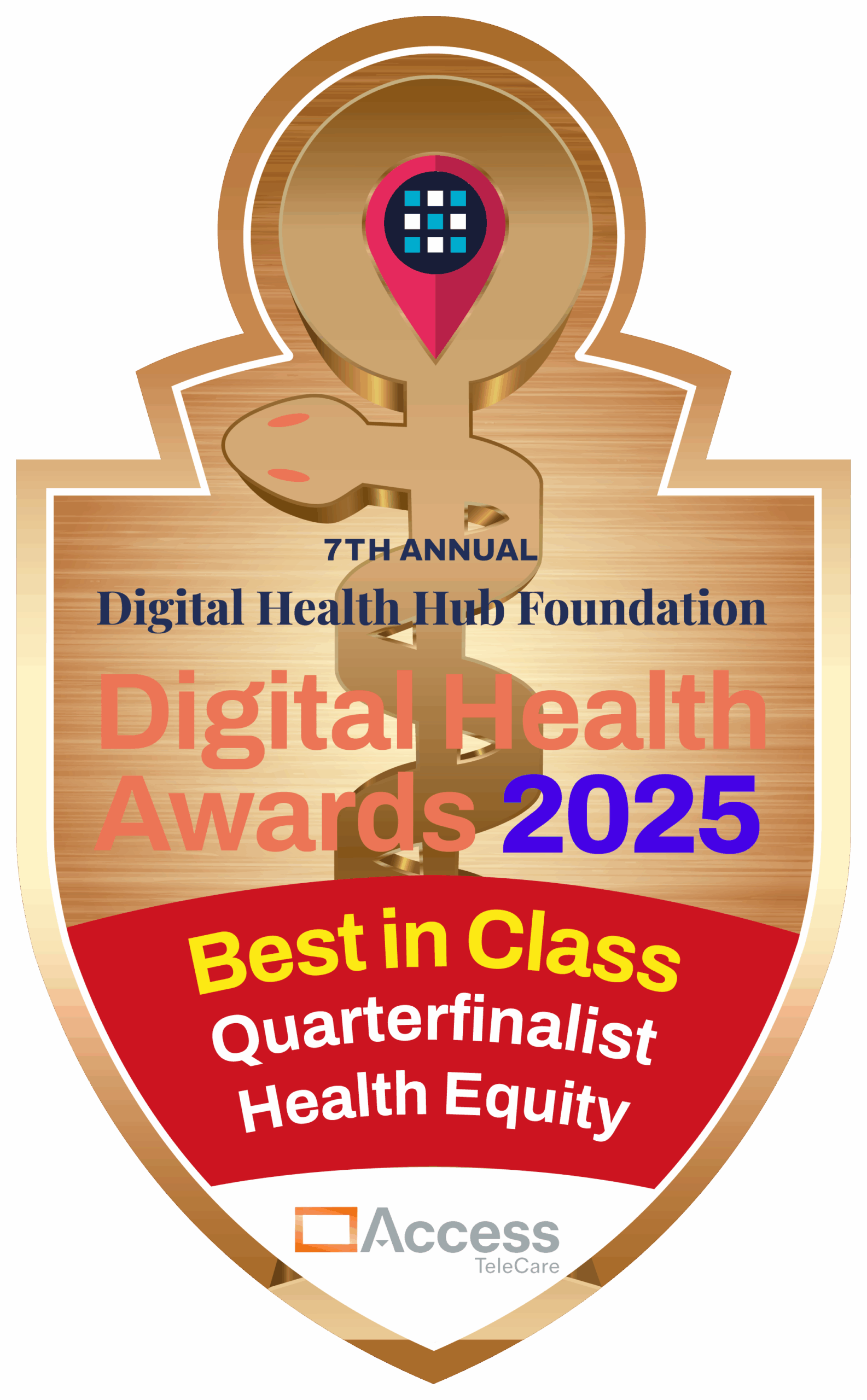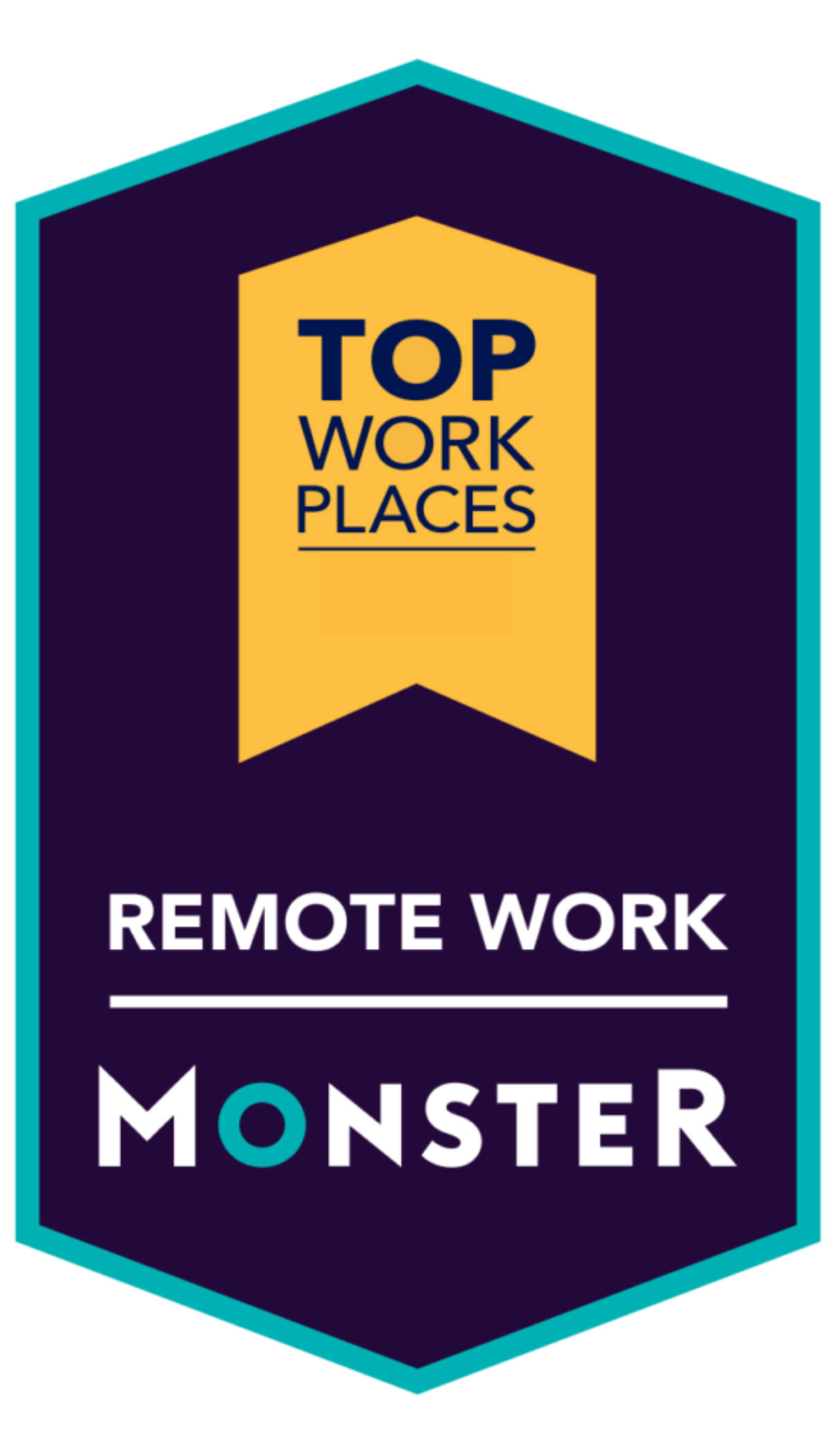Access TeleCare Provider Spotlight
Arun Gopal, M.D.
Consultation-liaison telePsychiatrist
Collaborative, multi-disciplinary teams solving difficult cases that straddle the line between physical and behavioral health care defines Access TeleCare’s consultation-liaison telePsychiatry programs. And those programs are powered by physicians like Dr. Gopal.
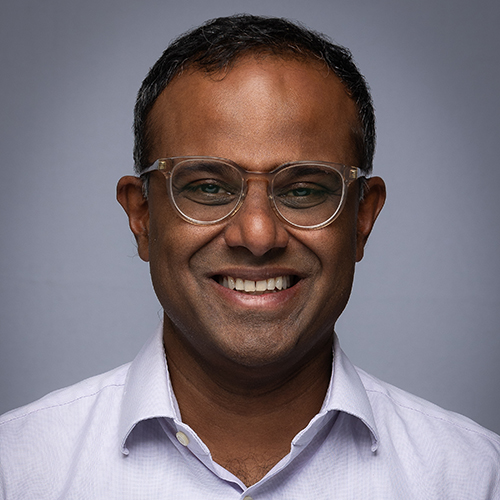
While earning his medical degree from the University of North Carolina at Chapel Hill School of Medicine, Dr. Gopal took an interest in psychiatry and combating mental health stigmas through a holistic approach to patient care. That interest led him to a fellowship with the Clinton Foundation in India, where he worked with the CDC treating patients with HIV while also caring for their mental health. A psychiatry residency program at Harvard Medical School and a consultation-liaison psychiatry fellowship at George Washington University followed, cementing consultation-liaison psychiatry as Dr. Gopal’s career path. He began to earnestly move beyond clinical care to program development as the director for Consult Psychiatry at the University of Pennsylvania’s Perelman School of Medicine in Philadelphia. He then moved to California to do the same at Cedars Sinai in Los Angeles. The desire to reach more patients with evidence-based treatment led him to Access Telecare, where he has practiced since 2020.
“I wanted to practice consultation-liaison psychiatry on the biggest scale possible to reach underserved patients and communities untouched by this level of specialty care,” said Dr. Gopal. “I also knew I loved collaborating with a wide range of specialists to tackle difficult cases. Telemedicine allows me to do all of that and more.”
Dr. Gopal currently serves as the national medical director for consult-liaison psychiatry and outpatient services.
How Access TeleCare’s Consultation-Liaison telePsychiatry Programs Work
Through telemedicine, Access TeleCare connects specialized physicians and nurse practitioners like Dr. Gopal from around the country with multi-disciplinary teams at hospitals and in emergency rooms, equipping them to tackle challenging cases. These cases require coordinated care from many stake holders, including social workers, physicians, and allied health professionals. Consistency, collaboration, accountability, and trust become the recipe enabling Access TeleCare’s teams to close the access gaps in areas where resources are limited.
“A patient may enter the hospital presenting with psychiatric care needs and our team uncovers that their needs aren’t only psychiatric in nature, or vice versa. Telemedicine gives us the capability to quickly respond and ask the questions we know to ask to find out what’s really going on,” said Dr. Gopal.
As with all of Access TeleCare’s programs, the consultation-liaison psychiatry service team acts as a dedicated pod of physicians and nurse practitioners that work as fully integrated members of on-site care teams. Dr. Gopal’s team is comprised of highly trained psychiatrists and nurse practitioners, with special consultation-liaison sub-specialty training. “It may actually be the largest consultation-liaison psychiatry service in the world,” Gopal remarked. “And we’re still growing!”
Dr. Gopal and his team maintain a virtual chat group to share knowledge and support one another. They also maintain constant communication with on-site teams to build trust, enhance communication, and establish strong working relationships that lead to better patient care. Likewise, patients enjoy timely access to their physicians and the continuity of care that comes with seeing the same team of telemedicine specialists throughout their hospital stay.
Unlocking Opportunities in Complex Telemedicine Care with Access TeleCare
Caring for highly complex patients may initially seem like a tall task to accomplish through a screen, but Gopal contends that telemedicine is not the limiting factor that some may think it is when it comes to complex patient care. In fact, he feels it’s the opposite.
“The genuine collegial relationship built between our team and with our hospital partners is second to none,” Gopal said. “The flexibility and versatility of telemedicine means we get the chance to treat an immense range of interesting and high-complexity cases, and that we get to stay with our patients throughout their entire care journey, further enhancing their care and the experience they have with their local hospital.”
Additionally, by operating within a tech-enabled service, providers can work remotely and cover geographically disparate locations, which wouldn’t be possible or affordable with on-site care alone. Telemedicine enables world-class care to reach rural and underserved populations that otherwise would not have access.
Contact us to learn more about our consultation-liaison telePsychiatry programs and see how a telemedicine career with Access TeleCare unlocks opportunities to bring complex, specialty care to more patients in communities around the country.



